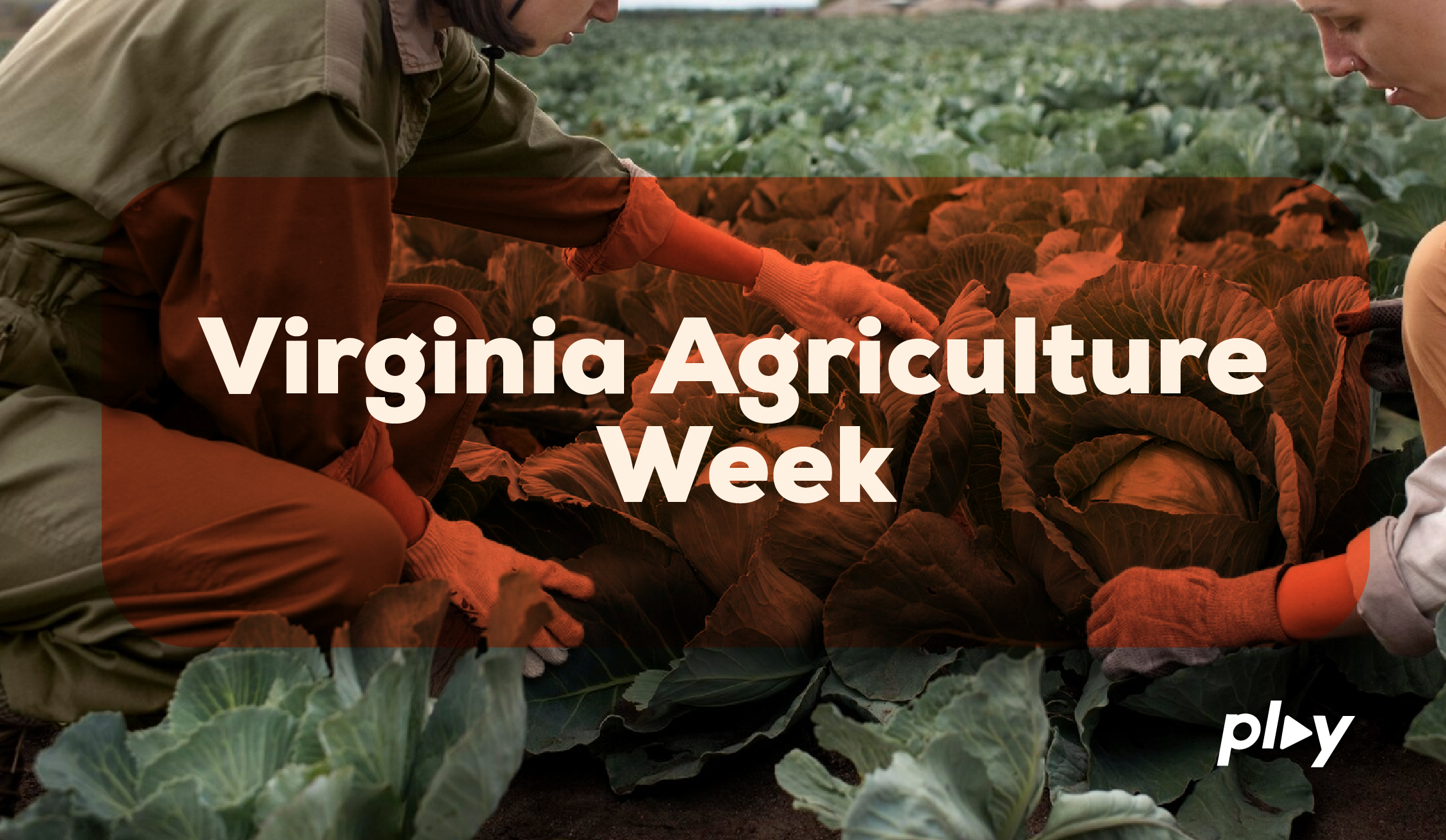Marketing the Future of Farming: The Role of Advertising in Virginia Agriculture Week

Virginia Agriculture Week (March 18-24) isn’t just about celebrating the state’s agricultural roots—it’s about recognizing how marketing and advertising can drive the industry forward. From connecting farmers with new markets to educating consumers on sustainable practices, strategic marketing has never been more essential.
The agricultural industry in Virginia contributes over $70 billion to the state’s economy and supports nearly 334,000 jobs. But in today’s fast-moving digital landscape, traditional word-of-mouth is no longer enough. Farmers, agribusinesses, and rural communities need data-driven marketing strategies to remain competitive.
How Digital Marketing Drives Virginia Agriculture
1. Bridging the Gap Between Farmers and Consumers
Once upon a time, consumers trusted their local butcher, grocer, or market vendor. Now, with over 70% of consumers researching food origins online, the digital sphere is where trust is built. Social media campaigns, influencer partnerships, and educational video content can help tell the story of Virginia’s farms, fostering transparency and brand loyalty.
🔹 Example: A small honey farm in Charlottesville leverages Instagram Reels and TikTok to showcase its beekeeping process, boosting sales by 45% in six months.
2. Agritourism & Experience Marketing
Virginia’s agritourism industry generates over $2.2 billion annually, with 1,400+ farms offering everything from pick-your-own experiences to wine tastings. Smart advertising enhances visibility and draws in urban visitors, helping family farms monetize experiences beyond traditional crop sales.
🔹 Example: A Shenandoah Valley vineyard increases bookings by 30% after launching geo-targeted Facebook ads featuring immersive drone footage of its estate.
3. E-Commerce & Direct-to-Consumer Growth
With the rise of farm-to-table movements and online grocery shopping, Virginia’s farmers are cutting out the middleman. But a great product won’t sell itself—SEO, Google Ads, and data-driven email marketing are essential to converting clicks into customers.
🔹 Example: A small organic dairy in Roanoke increases online subscriptions for its milk delivery service by 200% after investing in local SEO and retargeting campaigns.
4. Combatting Misinformation & Advocating for Agriculture
From GMOs to sustainability, misinformation spreads fast. Strategic content marketing—such as blog posts, infographics, and expert interviews—ensures that Virginia’s farmers stay in control of their own narrative.
🔹 Example: A poultry association uses a well-crafted LinkedIn campaign to counteract myths about antibiotic use, seeing a 60% increase in consumer engagement.
The Future of Virginia’s Agriculture Marketing
As Virginia’s agricultural industry evolves, data and analytics will shape its growth. With AI-powered audience insights, precision ad targeting, and immersive storytelling, farms and agribusinesses can build powerful brands that stand the test of time.
Virginia Agriculture Week isn’t just a celebration—it’s a call to action for farmers, marketers, and business owners to leverage modern marketing strategies that keep the industry thriving for generations to come.
🚜 What’s your role in Virginia’s agricultural future? Let’s start the conversation.
